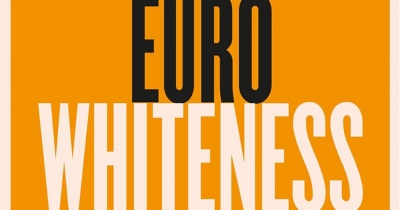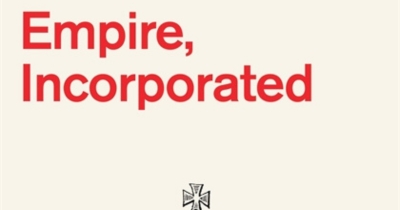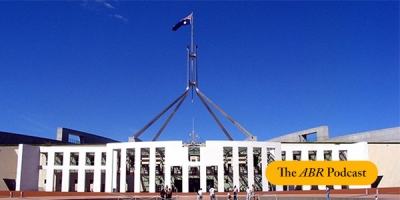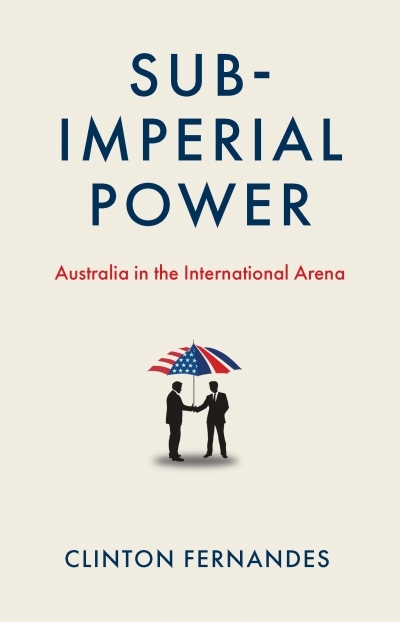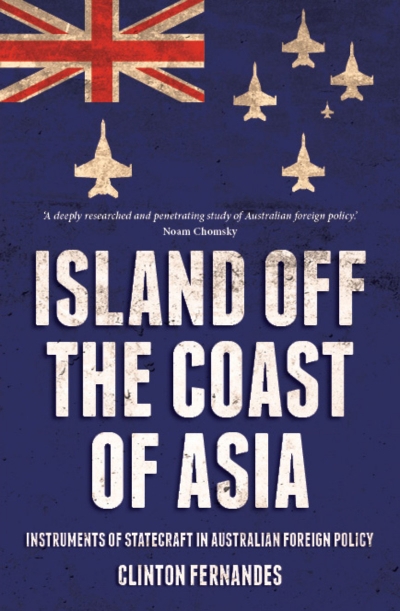Clinton Fernandes
Eurowhiteness: Culture, empire and race in the European project by Hans Kundnani
by Clinton Fernandes •
Empire, Incorporated: The corporations that built British colonialism by Philip J. Stern
by Clinton Fernandes •
Unlike in the United States and several other Western nations, Australian governments are under no compulsion to consult parliament before sending troops to war. In Subimperial Power: Australian in the international arena, Clinton Fernandes argues that this reflects, and furthers, Australia’s longstanding ambition in foreign affairs, which is to demonstrate its usefulness to the United States. In this week’s ABR Podcast, Kevin Foster, an academic at Monash University who has published widely on war in the Australian media, reviews Subimperial Power.
... (read more)Subimperial Power: Australia in the international arena by Clinton Fernandes
by Kevin Foster •

